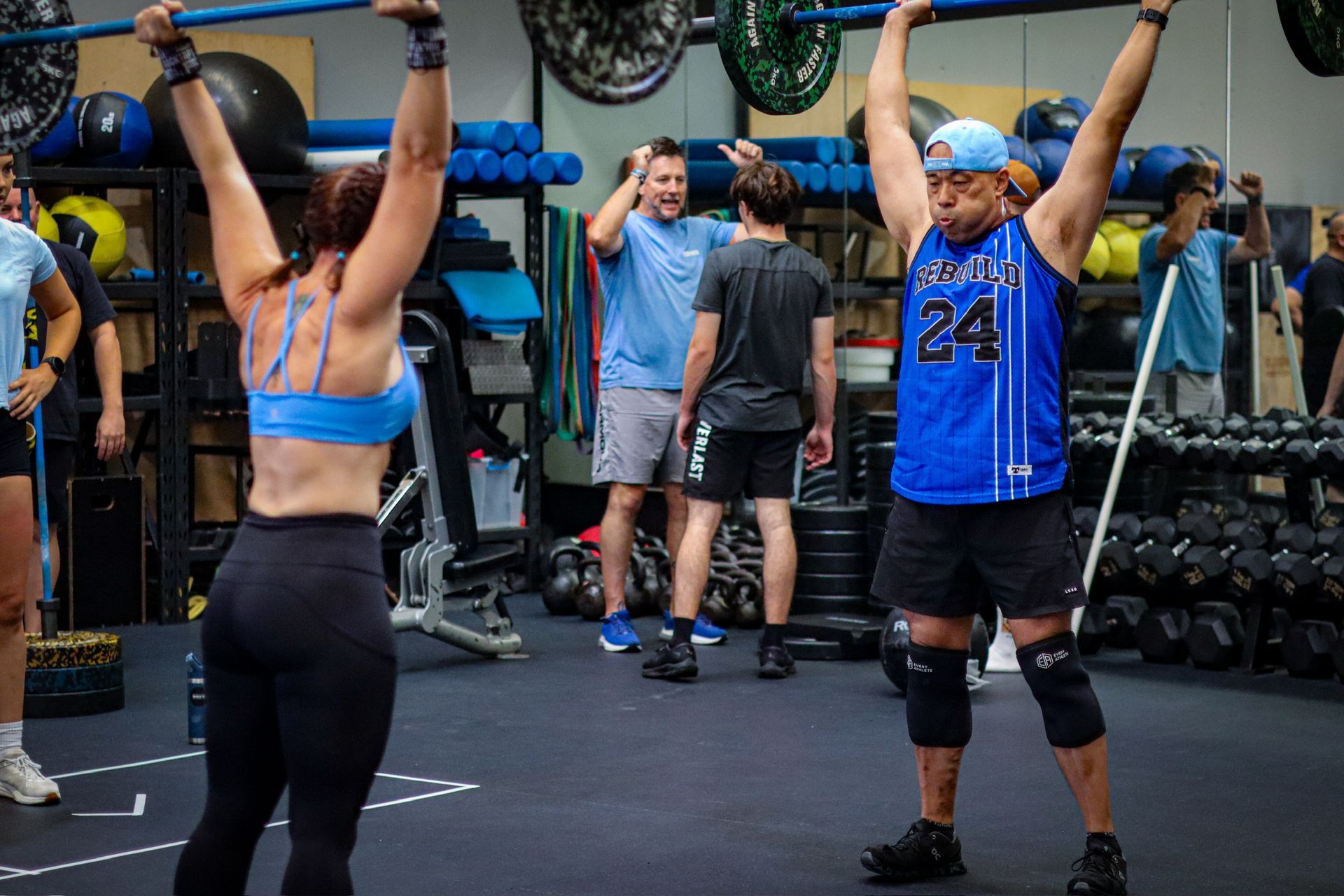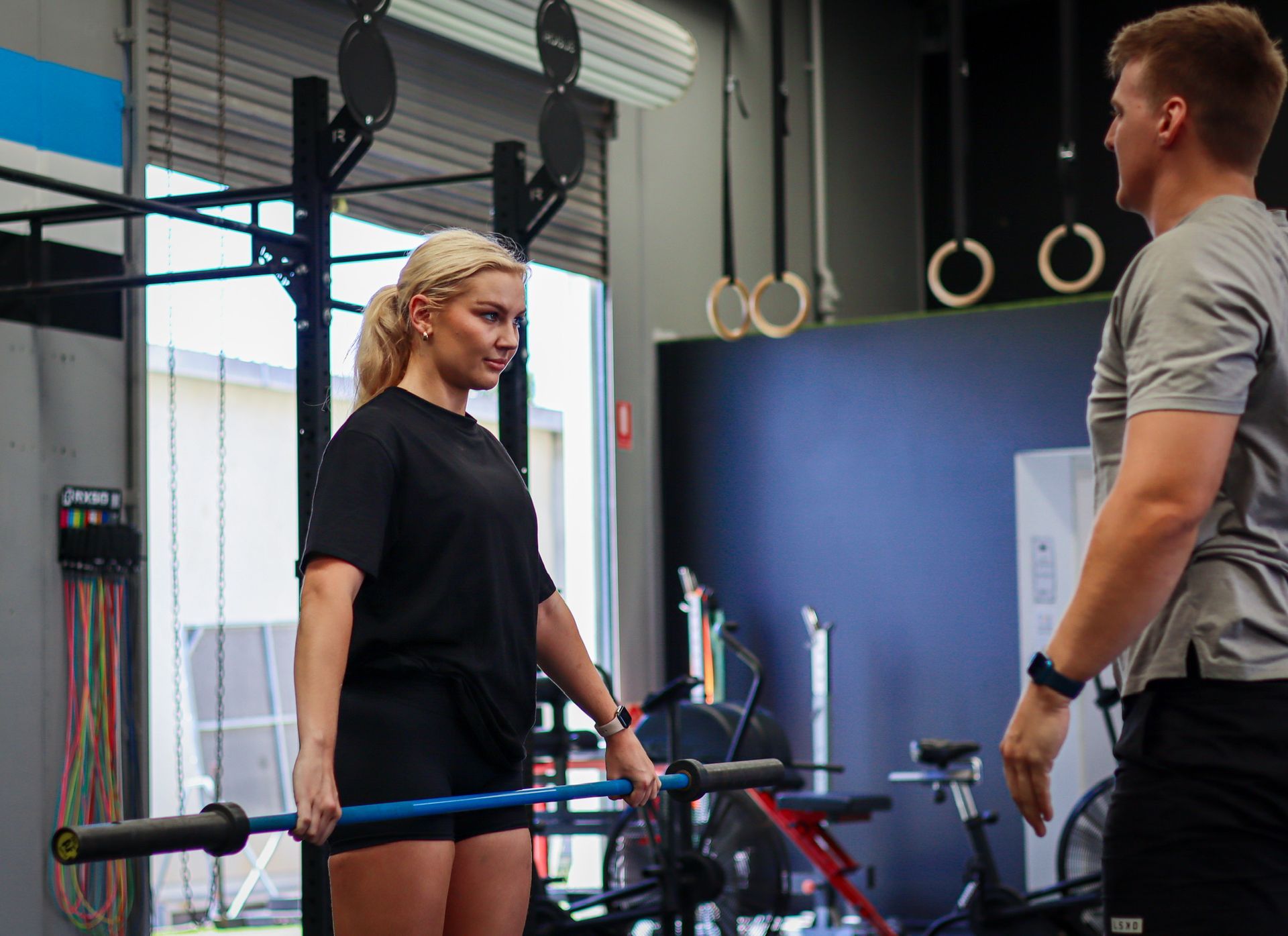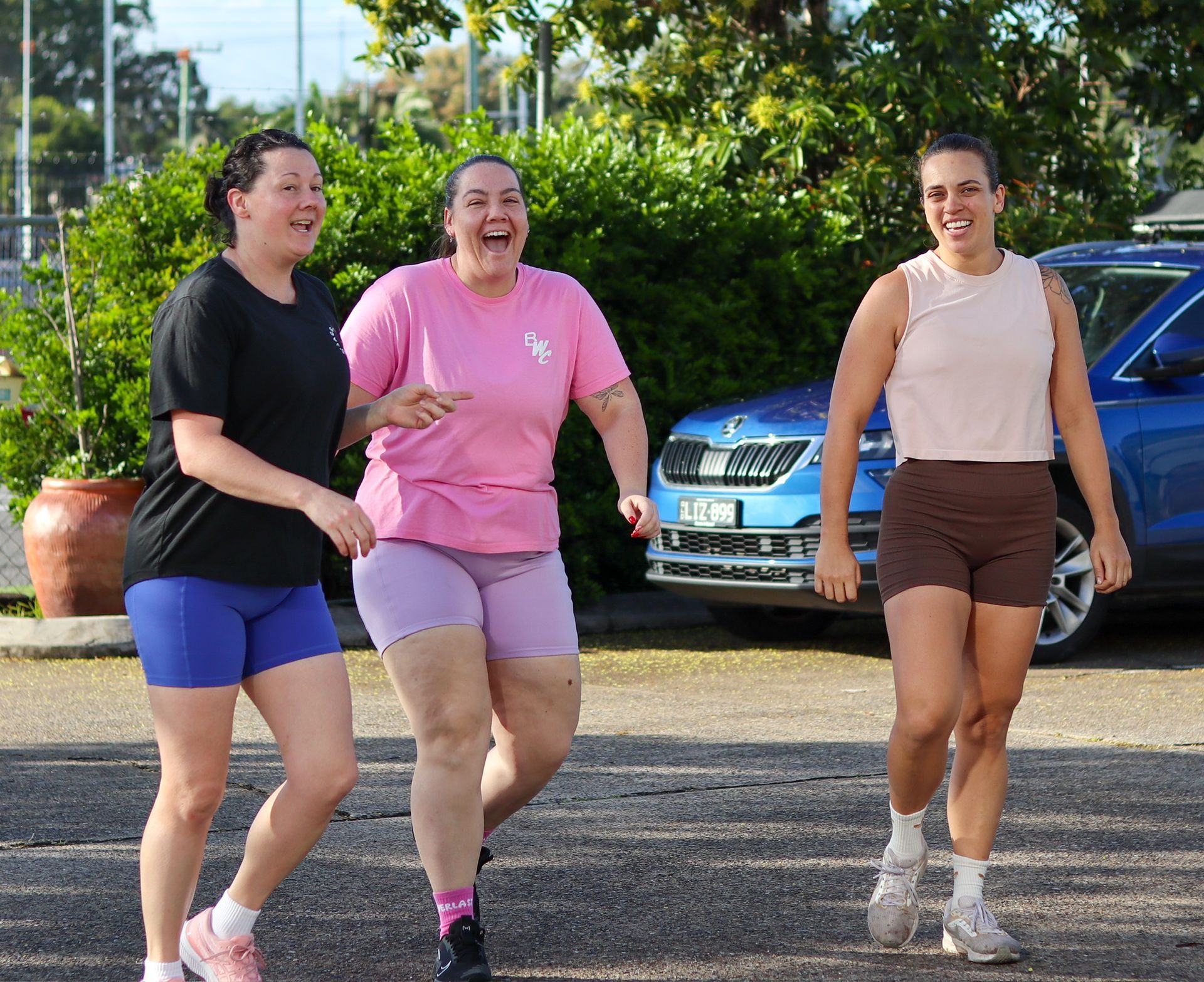What Is The 75 Hard Challenge And What Does It Feel Like: Ed Armstrong
The 75 Hard Challenge is a 75-day health and fitness trend that has built a reputation for being one of the toughest around.
Created by Andy Frisella—author, entrepreneur, and host of the 'Real AF' podcast—this challenge is less about fitness alone and more about developing mental toughness.
What is the 75 Hard Challenge?
The challenge demands strict adherence to six main principles every day for 75 consecutive days:
- Take a five-minute cold shower
- Read 10 pages of non-fiction each day
- Follow a diet (no cheat meals or alcohol allowed)
- Work out twice a day for at least 45 minutes
- Drink four litres of water
- Take daily progress pictures
❗ Important: If you miss any task, you must start over from Day 1.
Insights from the Rebuild Health and Fitness Podcast
On an episode of the Rebuild Health and Fitness Podcast, Ed Armstrong, a mental health coach from Sydney who has completed the challenge multiple times, shares his experiences.
Ed discusses:
- Why he took part in the challenge
- What it feels like to complete it
- The ethical considerations behind extreme challenges like this
Coach’s Perspective: Is the 75 Hard Challenge Right for You?
While completing the challenge can lead to amazing physical transformations, many coaches express reservations about the underlying philosophy.
Key concerns:
- The "work hard, no sleep, strict diet" approach isn't sustainable long-term.
- Working out twice a day (for 45 minutes each session) may not be ideal for most people's health or recovery.
- Following a highly restrictive diet without flexibility can sometimes create an unhealthy relationship with food.
That said, components like:
- Reading 10 pages daily
- Drinking sufficient water
- Cold showers for resilience
- Tracking progress with photos are generally seen as beneficial habits.
Ed's Personal Experience
For Ed, completing the 75 Hard Challenge was a powerful tool for:
- Building mental toughness
- Advancing career development
- Improving personal discipline
He explains that Andy Frisella's challenge includes four total phases, spanning over the course of a full year if followed completely.
Final Thoughts: Who Is It Really For?
The 75 Hard Challenge is best viewed as a mental resilience course—not a health optimization plan.
It’s designed to test your commitment, push you past your comfort zone, and build mental toughness.
However, it’s not recommended for everyone, especially if you're:
- Looking for a balanced, sustainable health routine
- Dealing with recovery needs, injuries, or burnout risks
As Ed sums it up:
"It's about pushing yourself when you don't feel like working out."
If your goal is to
test your limits and
challenge your discipline, the 75 Hard might be a worthy endeavor.
If you’re seeking
long-term health, you might want to adapt the principles into a more
sustainable approach.
Previous Blogs




